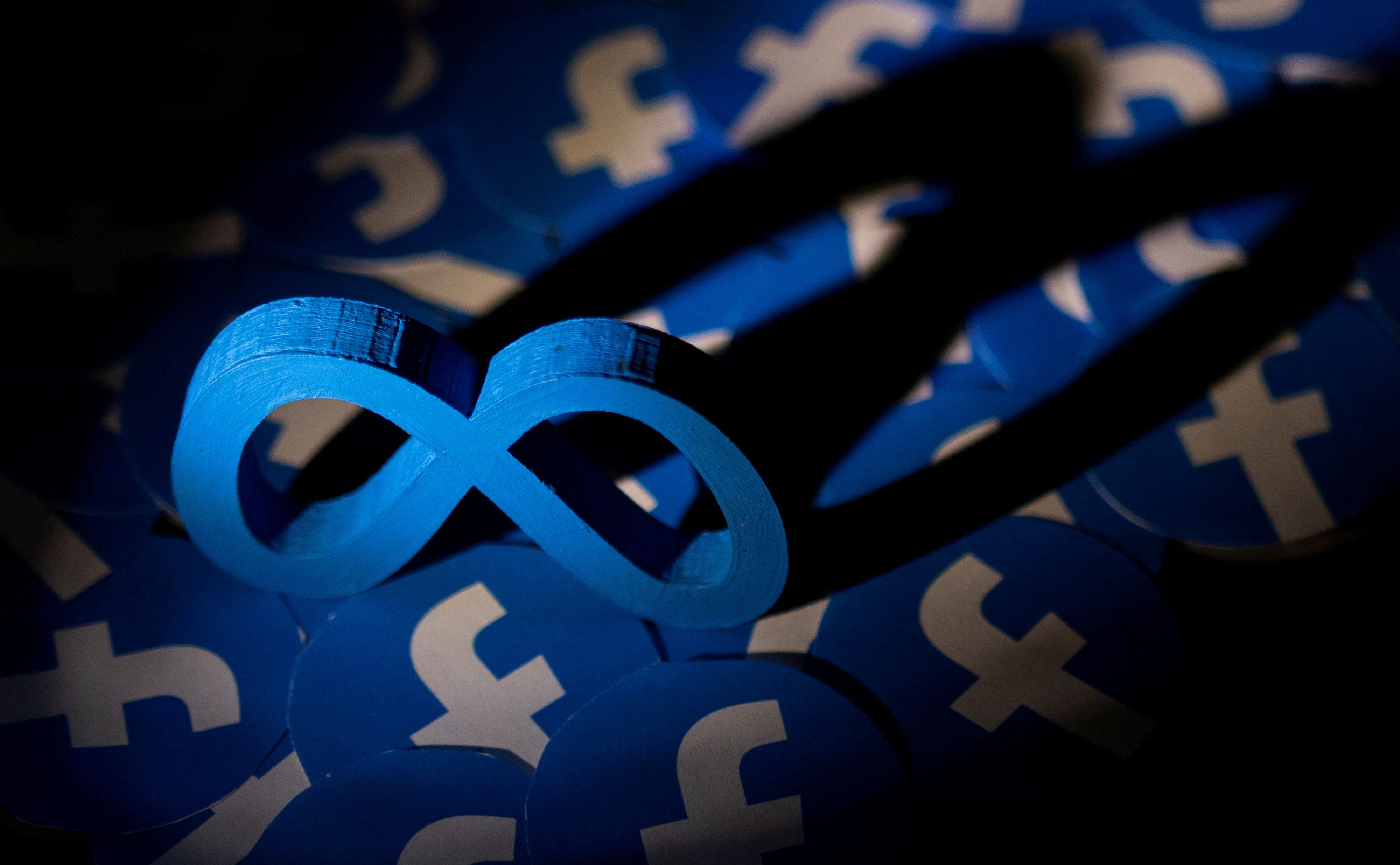Meta wasn’t the first Big Tech platform to introduce such a policy. Google, the largest advertising company in the world, announced a similar stance in September. But Facebook and Google are encouraging ad agencies and small companies to use their generative AI tools for commercial marketing campaigns – drawing a line in the sand when it comes to politics.
Proposed legislation: In doing so, they’re likely front-running future regulation. In May, a group of US senators including Amy Klobuchar introduced legislation to mandate disclosures when AI technology is used in political ads. Klobuchar and Rep. Yvette Clarke, the bill’s House sponsor, sent letters to Meta — along with X, formerly known as Twitter — asking why they were not requiring these disclosures. One month later, Meta voluntarily implemented the policy.
In September, Klobuchar introduced a separate bipartisan bill with Republican Sen. Josh Hawley aimed at explicitly prohibiting the use of AI-generated content in political ads. In October, she told Bloomberg she thinks there’s a “good chance” Congress will pass legislation regulating AI in political ads before the end of the year.
Will voters care? The issue seems to have gained support among the public too: A recent poll by Axios and Morning Consult found that 78% of Americans surveyed think political advertisers who use AI should be “required to disclose how AI was used to create the ad.” By contrast, only 64% said the same when it came to how AI is used “in professional spaces.” So if candidates play fast and loose with generative AI in their campaigns, it could backfire on them at the voting booth.



















